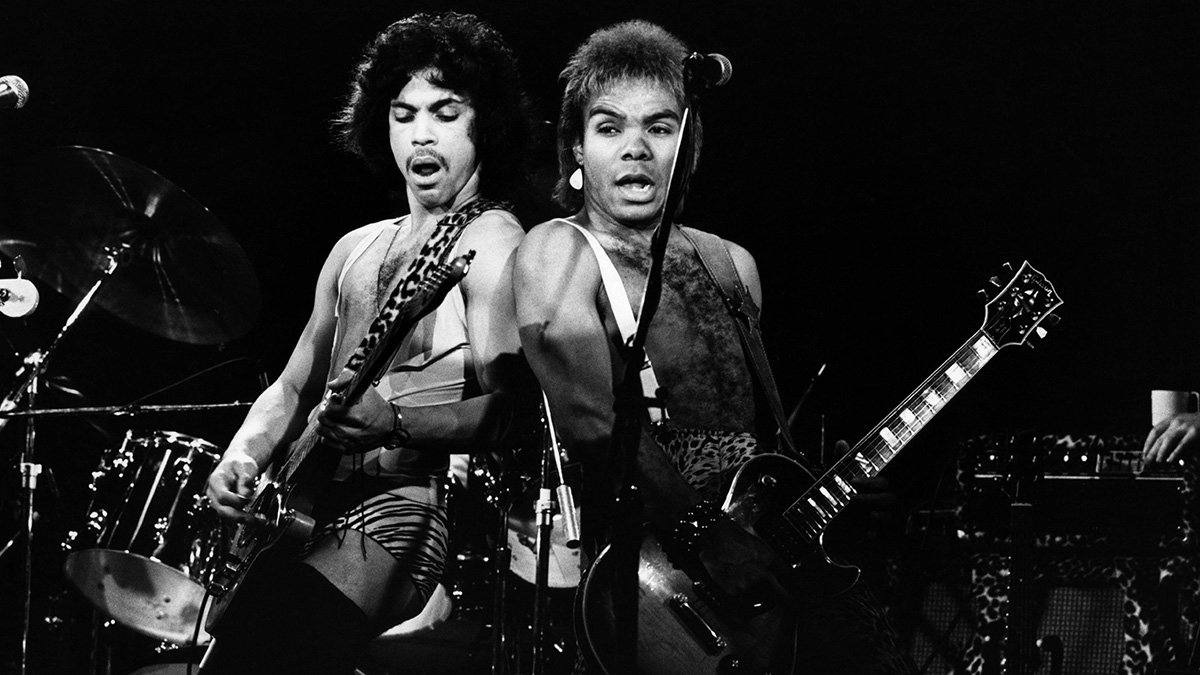
Anna Calvi: the 10 records that changed my life
Within the space of a few seconds, Anna Calvi's epic voice can go from harrowing to haunting, and her guitar style – a boldly expressive, idiosyncratic creation – can pull you close before it sends you flying across the room. Her bewitching ways of unwinding the mysteries of lust and heartache make her impossible to forget. The sound of her poignant sonic narratives leave an indelible mark on one's soul.
Calvi's musical journey started early – she remembers her parents playing her classical music when she was five. "It helped me sleep," she recalls. "Hearing Mozart is my first memory of music." When she was eight, her father played her one of his David Bowie records, which ignited a lifelong obsession with the chamelonic rocker. "I couldn't get enough of Bowie," she says. "As soon as I got my own pocket money, I started buying his records."
Growing up, Calvi continued to dip into her father's music collection – for rock, there were The Beatles, Jimi Hendrix and Led Zeppelin, but there was jazz, too, with the sounds of Duke Ellington and Miles Davis burrowing into her psyche. "I gravitated towards things that were dramatic," she says. "When I got a little older, I listened to a lot of Jeff Buckley, but I also liked singers like Edith Piaf and Billie Holiday. I always liked a wide variety of styles.”
When writing songs for her captivating new album, One Breath, Calvi drew upon some of her favorites as source inspiration. I wanted more texture and color to come from the guitar, almost as if it wasn’t a guitar," she says. "I wanted it to be almost this wild animal. That’s why listening to an album like Rain Dogs came in handy. What Tom Waits did with the guitar on that record was so full of unexpected treatments."
For the emotionally draining Eliza, a song about "seeing something in someone else that reminds you of a part of yourself that you’ve lost," Calvi referenced the vivid sentimentality of Roy Orbison. "He could be very broad and painful but also and quite beautiful," she says. "His melodies would stretch further than what you might expect from pop music, almost like opera."
Sing To Me happens upon you like a mirage. It's a strange and spooky mood piece, one which was conceived as an homage to the renowned soprano Maria Calas. "I've always been very intrigued by the idea of healing somebody with your voice," Calvi explains. "Maria Calas had that kind of quality to her singing. What an amazing thing it must have been to see her perform in person.”
On the following pages read Anna Calvi: The 10 Records That Changed My Life. You can purchase her new album One Breath right here.
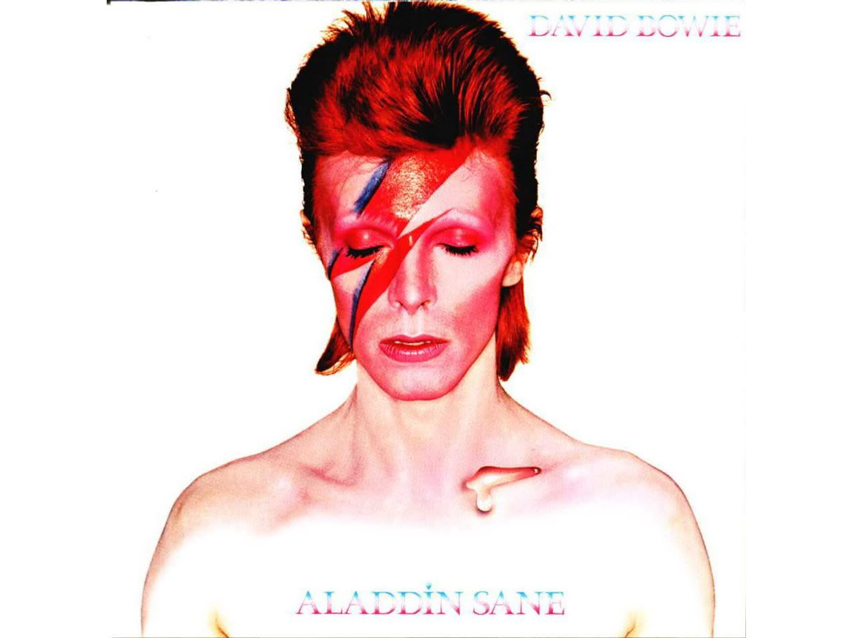
David Bowie - Aladdin Sane (1973)
“This was the first record I ever bought. I really loved it, even when I was eight or nine. Just the combination of it being very strange, avant-garde and kind of discordant – it spoke to me.
“At the same time, there were amazing pop melodies. Even before I understood what went into doing something like that, I was struck by how David Bowie could merge so many worlds. It’s a beautiful, very special record.”
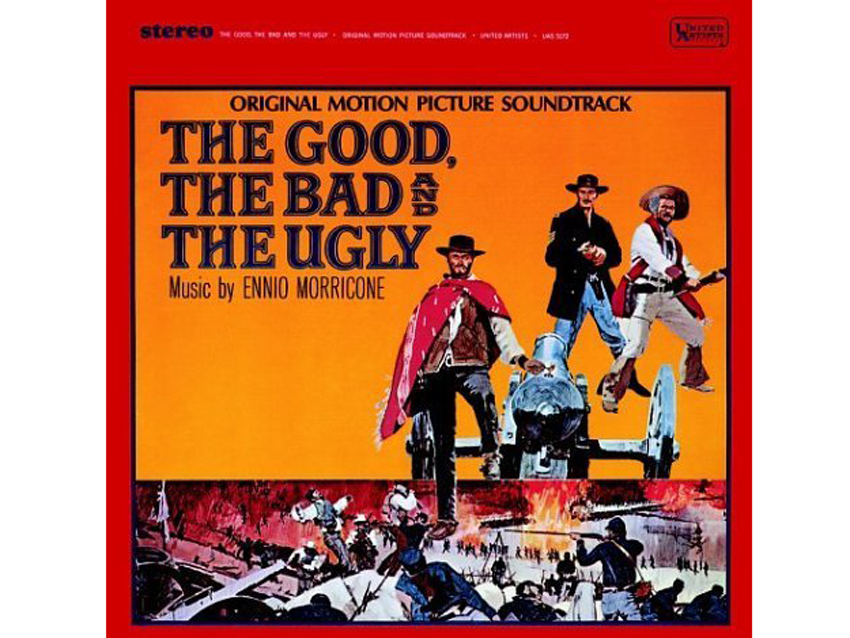
The Good, The Bad And The Ugly - Original Soundtrack (1966)
“Ennio Morricone’s use of color with sounds was very dramatic and brave. The textures are very vivid, and they create a mood that is harsh but also very dreamlike.
“I heard the soundtrack before I saw the movie, and then when I saw the film it made even more sense. But the great thing is that the music can stand on its own. You can absorb it as just music, which is probably the best thing about it.”
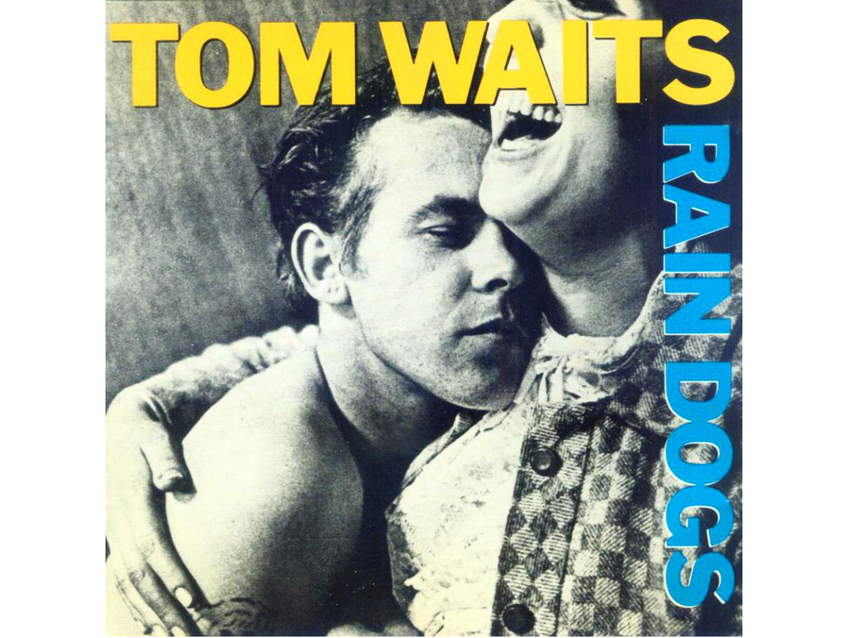
Tom Waits - Rain Dogs (1985)
“When making One Breath, I did listen to Rain Dogs. I love the way that Tom Waits uses really unusual instrumentation, like tuned marimbas, to sort of suggest chords instead of just the obvious guitar strumming changes.
“Doing this was a real influence on me, using marimba and not relying on the guitar as an accompanying instrument, but treating it as a character that comes in as kind of a surprise. Tom can make the guitar sound wild – I really like that.”
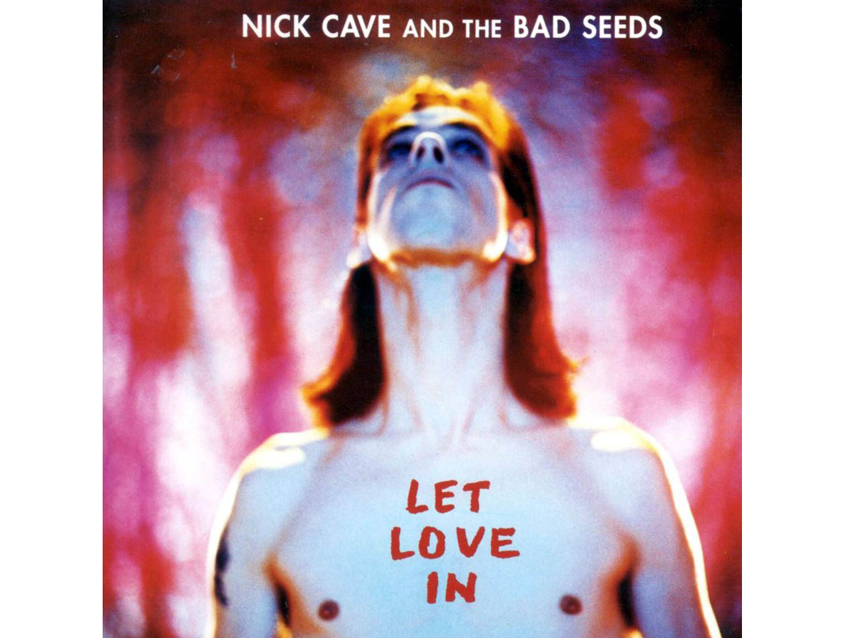
Nick Cave - Let Love In (1994)
“I love all of Nick Cave's albums, but this was the first one that I got. It’s very powerful and confrontational, and it’s even a little ugly at times.
“His lyrics are always so beautiful, even when he’s singing about things that are quite violent. This record got me into the Bad Seeds, and I became a very big fan of theirs, as well. Nick is brilliant.”
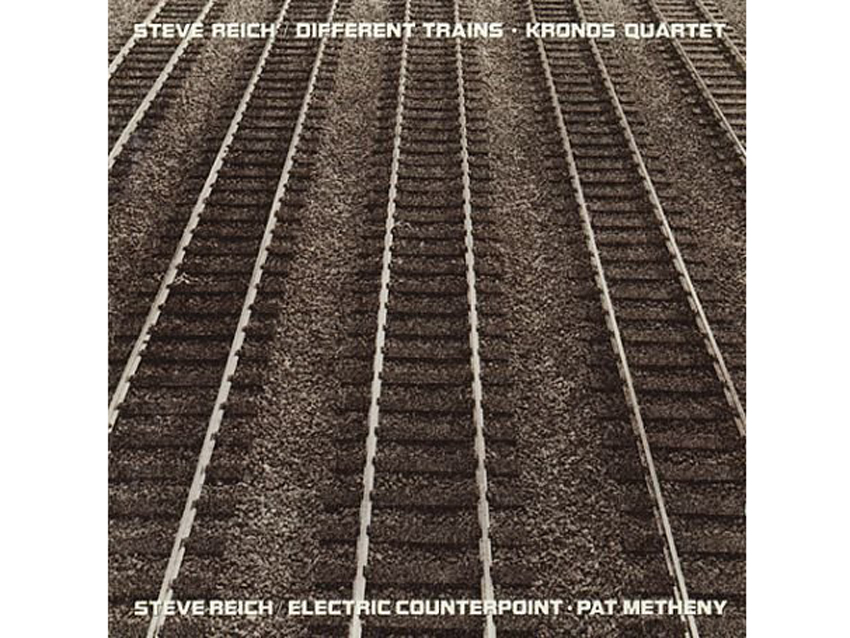
Steve Reich - Different Trains (1988)
“I listened to a lot of minimalist composers when I was making this record. I like the idea of music being hypnotic and taking you into a different world, where things change slowly over time, as opposed to a lot of fast stops and starts. Steve’s music brings you somewhere new in a way that's almost invisible.
“Songs on my record like One Breath and Carry Me Over were influenced by this feeling, a trance-like state that evolves. Different Trains is a really amazing piece of music that uses the human voice as an instrument, the idea that as you repeat something, it has a different meaning all the time.”
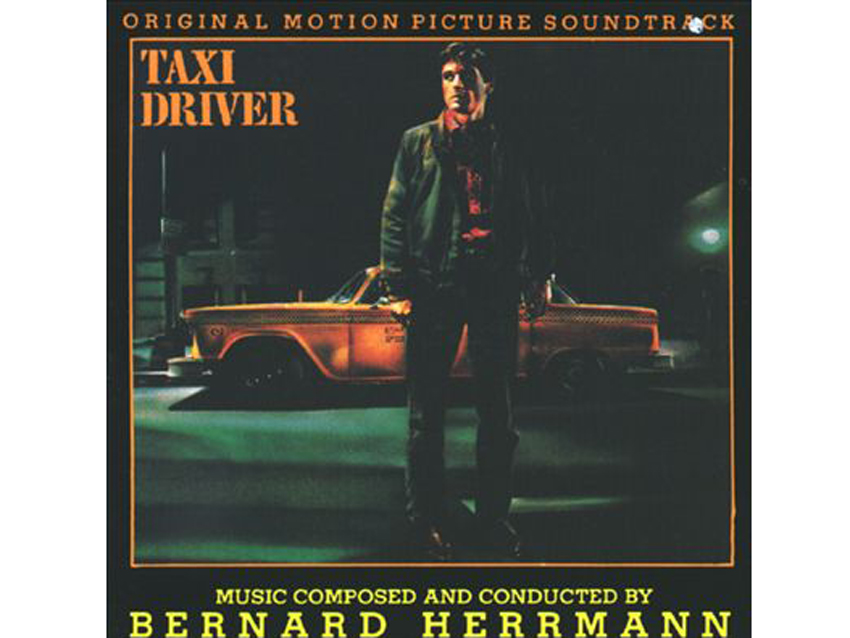
Taxi Driver - Original Soundtrack (1976)
“I love a lot of Bernard Hermann’s work, but his soundtrack to Taxi Driver is really extraordinary. I actually watched the movie for the first time very recently, during the past year, and I was struck by how brilliant the music was.
“The way that it changes from being something that’s so threatening and dark to being very melodic and lovely always surprises me, which I guess represents the protagonist’s mind. The idea of ugliness and beauty – and how it can shift very quickly, going back and forth – is another thing that I wanted to explore on the new record. I found this one to be very inspiring.”
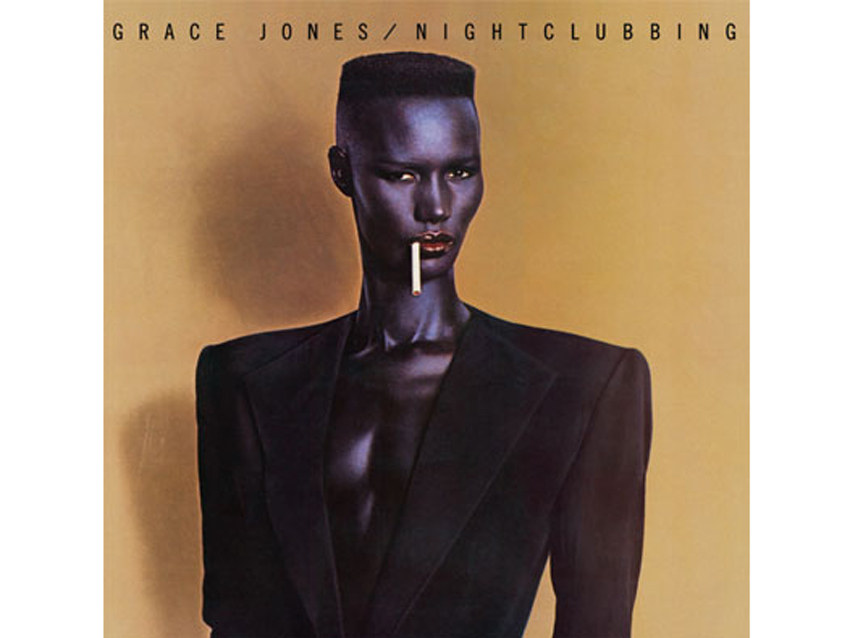
Grace Jones - Nightclubbing (1981)
“I’m new to Grace Jones. This is the first of her albums that I’ve listened to, and I’m really loving the space in the grooves and how there’s a lot of unusual sounds. The fact that her character is so strong throughout is very appealing to me. She completely owns the music with her voice, and it all comes from her essence.
“This is a thought that really stuck in my head when I was in the studio myself: How can I get an aura and a personality across with just my voice? That’s what Grace Jones does, and she does it so effortlessly.”
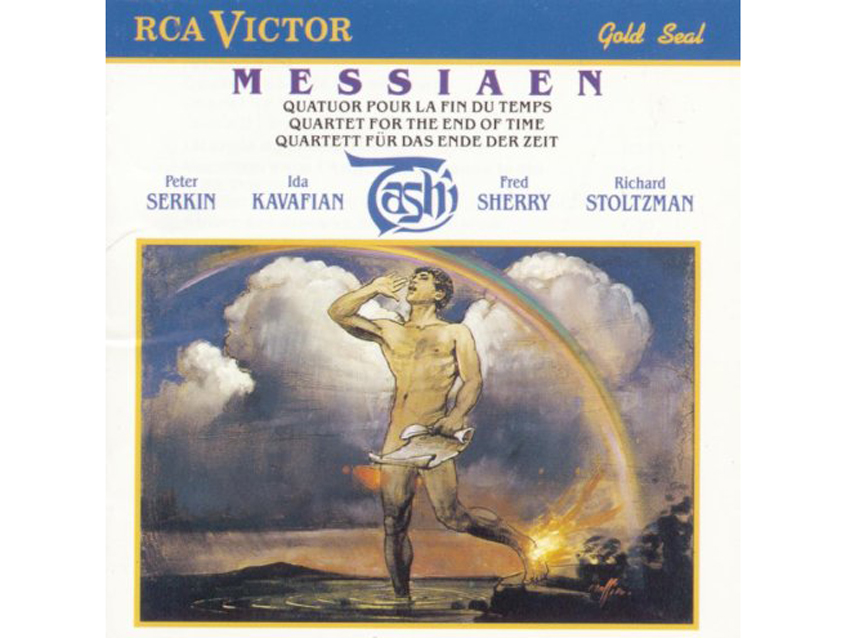
Messiaen: Quartet For The End Of Time (1941)
“It’s a piece that Messiaen wrote when he was in a concentration camp. It’s very spiritual, and that’s one of the things that’s so interesting about it. The fact that he was in such a terrible environment and could create music of such beauty is pretty remarkable.
“I’m a big fan of Messiaen for his use of textures and colors. He’s like a lot of film composers in that you can really see his music; he creates a landscape of sound and uses unusual tones and instruments to tell a story."
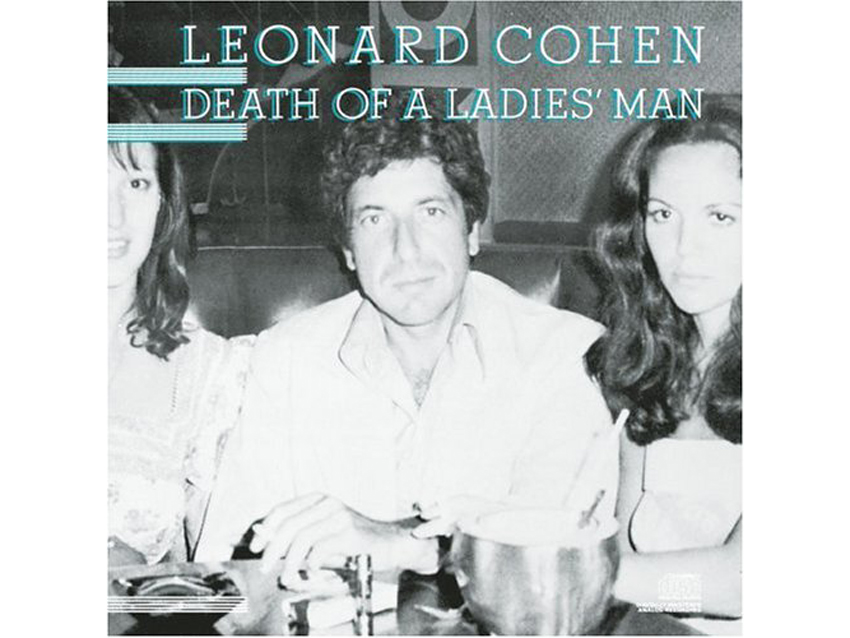
Leonard Cohen - Death Of A Ladies' Man (1977)
“This might not be an album that people celebrate, but to me, the combination of Phil Spector and Leonard Cohen worked really well. His lyrics are so deeply poetic that you sometimes don’t know what he’s talking about, but it doesn’t matter because they’re beautiful.
“It’s a very humanistic record. The stories are very eloquent and touching, and the melodies are very rich. I love the fact that all the songs are unbelievably slow, too. It’s an unusual-sounding record. His voice has changed a lot over the years, but on this record he’s really trying to sing. It sounds like he’s straining, but that’s OK because it sort of adds to the drama.”
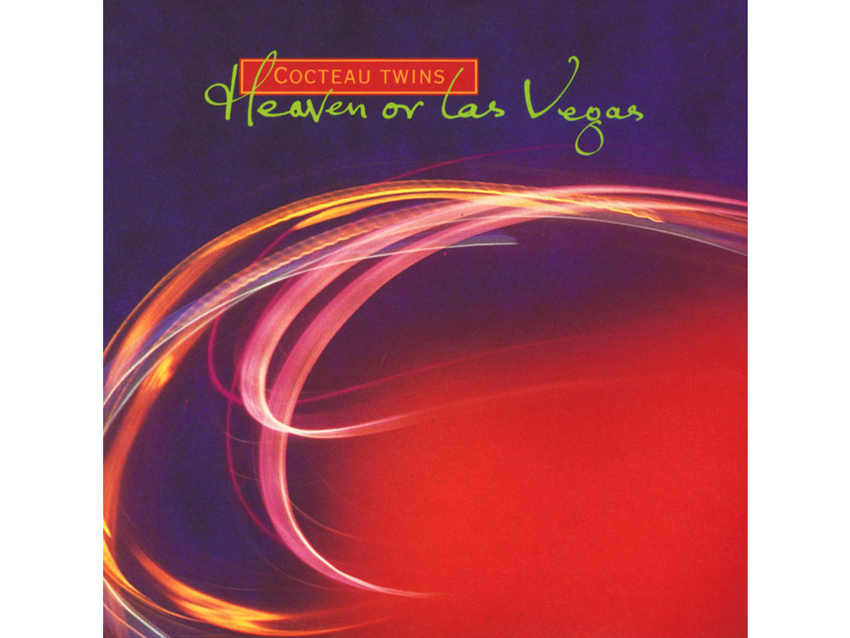
Cocteau Twins - Heaven Or Las Vegas (1990)
“I think that Elizabeth Fraser is such an amazing singer. Even though she’s not singing words, there’s so much emotion in her voice. The melodies are unbelievably strong, and when you combine that with Elizabeth's voice it conveys things that mere words can’t.
“I also love the way that the instrumentation is almost the same for every song. With some artists, that might not work, but the Cocteau Twins manage to take you into their own sonic world. They’re totally captivating. This is one of my favorite records ever.”

Joe is a freelance journalist who has, over the past few decades, interviewed hundreds of guitarists for Guitar World, Guitar Player, MusicRadar and Classic Rock. He is also a former editor of Guitar World, contributing writer for Guitar Aficionado and VP of A&R for Island Records. He’s an enthusiastic guitarist, but he’s nowhere near the likes of the people he interviews. Surprisingly, his skills are more suited to the drums. If you need a drummer for your Beatles tribute band, look him up.
"At first the tension was unbelievable. Johnny was really cold, Dee Dee was OK but Joey was a sweetheart": The story of the Ramones' recording of Baby I Love You
"Reggae is more freeform than the blues. But more important, reggae is for everyone": Bob Marley and the Wailers' Catch a Fire, track-by-track
"At first the tension was unbelievable. Johnny was really cold, Dee Dee was OK but Joey was a sweetheart": The story of the Ramones' recording of Baby I Love You
"Reggae is more freeform than the blues. But more important, reggae is for everyone": Bob Marley and the Wailers' Catch a Fire, track-by-track
